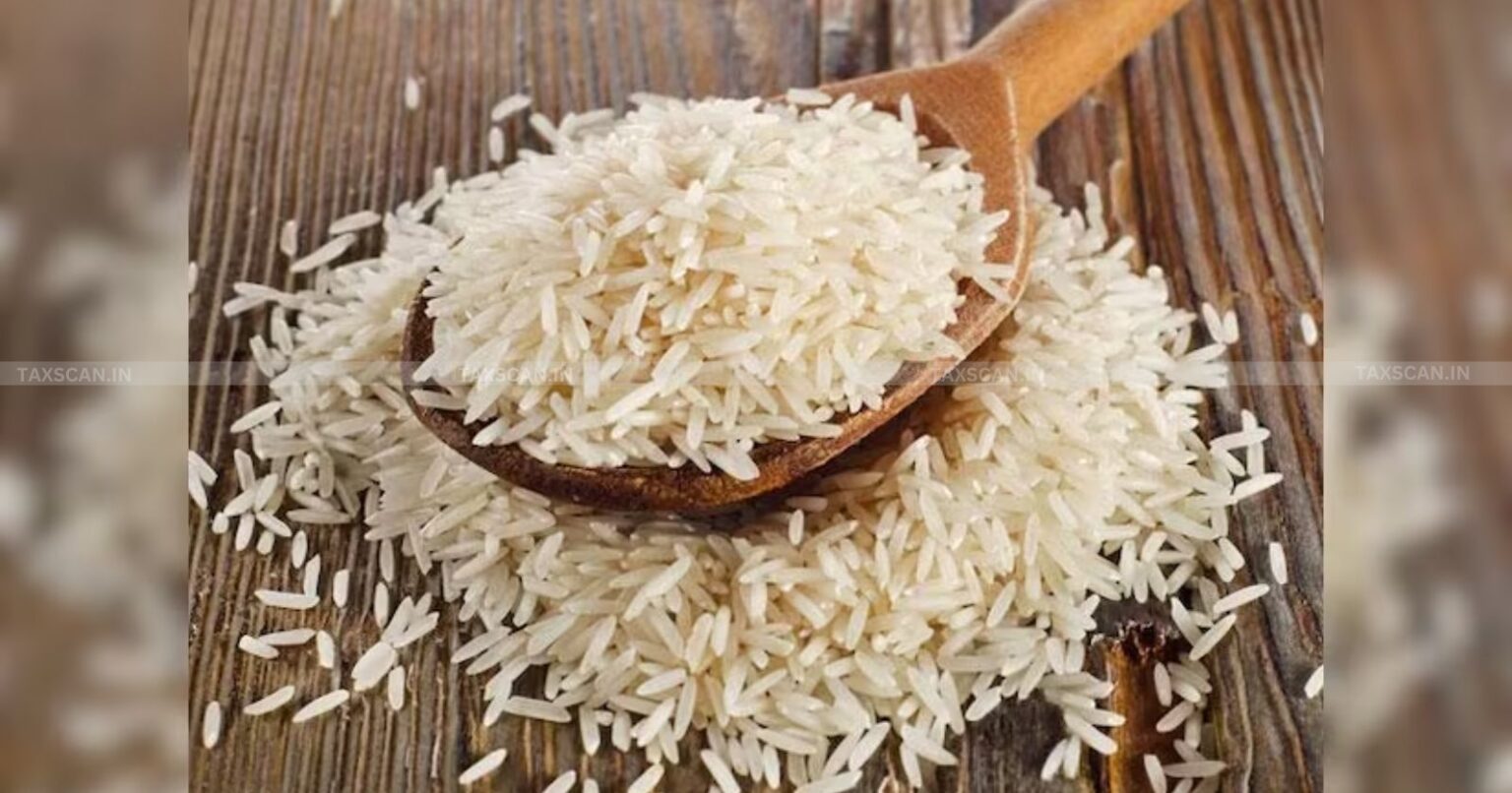Gambiaj.com – (MUMBAI, India) – India’s Directorate General of Foreign Trade (DGFT) has extended the deadline for exporting broken rice (ITC(HS) code 10064000) to Senegal and The Gambia by two months. This adjustment, formalized in a notification dated December 5, 2024, allows shipments through the National Cooperative Exports Limited (NCEL) until January 31, 2025.
The extension modifies previous directives, including Notification No. 46 dated November 30, 2023, and Notification dated June 5, 2024. The DGFT stated that the amendment aims to facilitate the completion of previously agreed export quantities within the extended timeframe.
Responding to Food Security Concerns
This is the second extension for these exports in 2024. An earlier decision in June extended the deadline by six months to November 30, following requests from Senegal and The Gambia for additional time to meet their food supply needs.
The broken rice exports are significant for both nations, which depend on these imports to supplement domestic food production. The new deadline provides additional flexibility for importing the required quantities to address local demand.
The extension comes amid India’s ongoing restrictions on certain rice exports. In September 2022, India banned the export of non-basmati white rice to stabilize domestic supplies, a policy that was further tightened in July 2023. However, exemptions for specific nations, including Senegal and The Gambia, were introduced to address urgent food security needs.
The export allowances to Senegal and The Gambia are part of a broader framework under the Foreign Trade (Development & Regulation) Act, 1992, and the Foreign Trade Policy 2023. This policy provides room for targeted exceptions while maintaining broader export controls.
The extension highlights the role of trade agreements in addressing international food security challenges. For Senegal and The Gambia, the continued importation of broken rice remains vital in filling food production gaps. At the same time, such measures demonstrate the complexities of balancing national food policies with international obligations.
While this decision ensures the delivery of agreed quantities, it also underscores the interdependence of nations in tackling global food supply issues.










